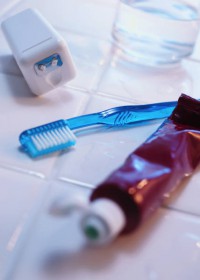
Discussing cancer with your family is akin to walking in an emotional mine field. Once you make it known you have been diagnosed with cancer, you must be prepared to navigate carefully in response to different reactions.
What to Do
Take time to come to terms with how you feel. If you’re angry and afraid, that’s okay. Don’t hold it in. It’s important to have someone you trust to talk to that will listen and be supportive.
Don’t attempt to go through it alone. Decide who you will tell, first, and how much information you want to initially share. The news will have a decided effect and those you tell may not react in the same way. You’ll need to be prepared, as best as possible, for addressing each individual.
Discussing your condition, within your comfort zone, is beneficial. By talking about it, you can move forward with a plan of action.
Don’t be afraid to let people know the limits you’re willing to discuss your condition. Repeating the same information over and over can become tiring and emotionally draining for you. Delegate a friend or family member to relay the news to others.
While you may not want to talk to your closest family members, it’s important that you talk to someone. If you’re not ready to let your family know of your condition, join a cancer support group where you can discuss your feelings, ask questions, and get advice from others.
Keep your daily routine as near normal as possible and encourage and support your family in doing the same.
Contact Issels Integrative Oncology Centers for any questions or information about available treatments.





